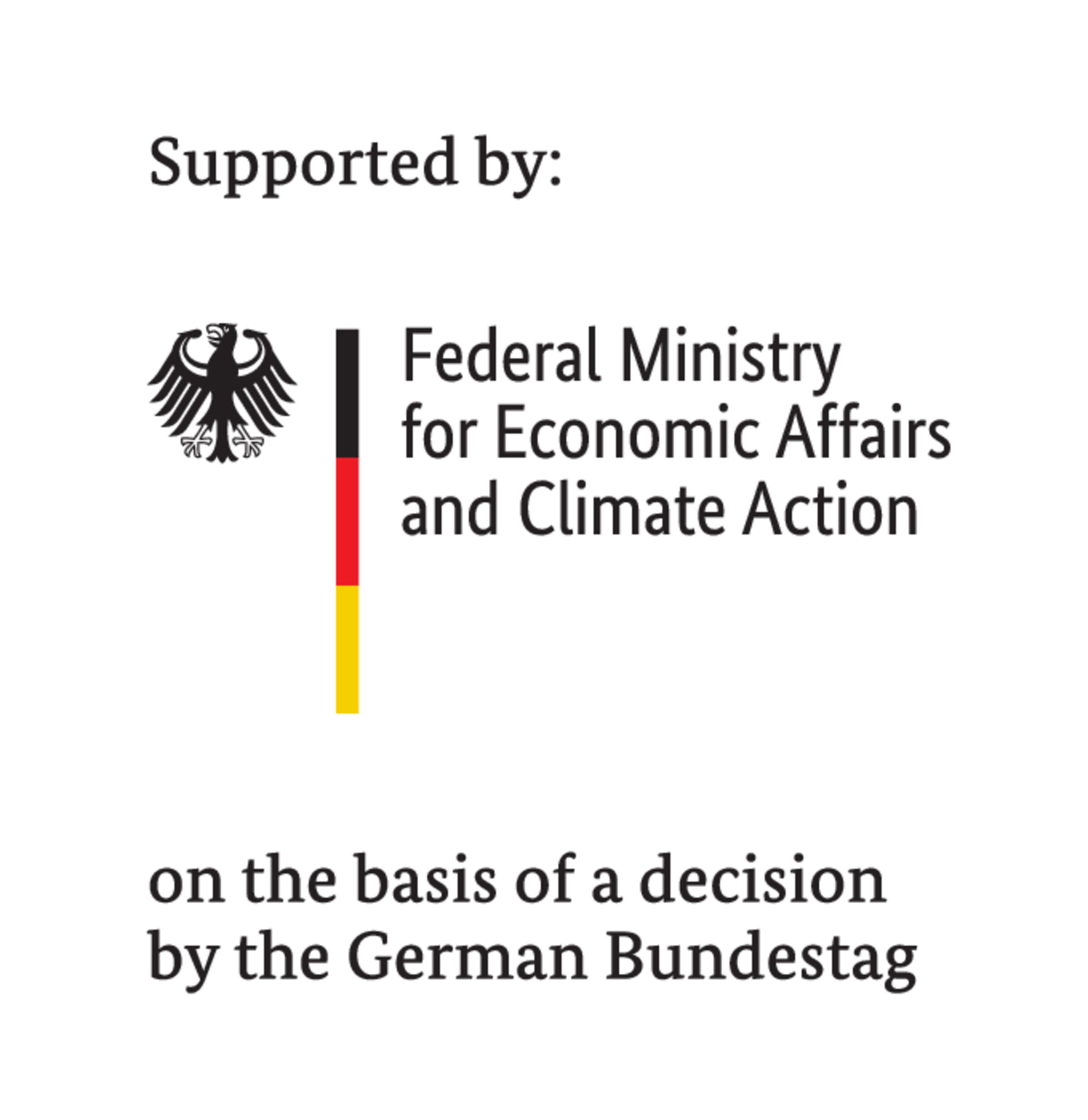Identifying the 21st century skill framework
Fri, 25 Feb 2022
The Glossary of Education Reform defines 21st Century Skills as “a broad set of knowledge, skills, work habits, and character traits that are believed—by educators, school reformers, college professors, employers, and others—to be critically important to success in today’s world, particularly in collegiate programs and contemporary careers and workplaces. It can be applied in all academic subject areas, and in all educational, career, and civic settings throughout a student’s life.”
Based on the framework developed by The Partnership for 21st Century Learning, the three main skill sets or 3Ls, that form 21st Century Learning are: learning skills, literacy skills, and life skills. These three sets of skills aim to reshape the students in preparing for future opportunities and problems that we don’t know yet will emerge.
The learning skills is the ability to gain and be open to broader knowledge. The four essential components of The Learning skill are critical thinking and problem solving, creativity and innovation, collaboration, and communication. Critical thinking and problem solving enable students to observe effectively, think systematically, evaluate logically, and solve problems clearly. As long as the world keeps changing and problems keep evolving, students should be able to see things in different perspectives. In other words, they need to build creativity and innovation skills that encourage them to think creatively, work creatively, and implement innovations. However, being completely critical and creative will avail students little if they cannot communicate and collaborate with others. In today's era where everyone has the ability to collaborate and contribute at an unprecedented scale, students should be urged to communicate, persuade, and negotiate clearly and effectively in various environments, as well as to be able to work respectfully and effectively with a diverse group of people as individuals or teams.
The 21st Century is indeed an era of borderless access to information and rapid transformation in regards to media and technology. In this regard, the literacy skill is the ability to gain and be open to broader knowledge through the practice of reading and understanding, The literacy skill contains three essential components: information literacy, media literacy, and technology literacy. To be a worker of the future, students today should master the operation of the latest media technology not just in terms of using said technology, but in terms of filtering and understanding the information provided.
The last skill set that is just as fundamental as the previous two is the life and career skills. This skill consists of flexibility and adaptability, leadership and responsibility, initiative and self direction, productivity and accountability, and also social and cross cultural interaction. These skills are the ‘survival kits’ of modern society. It allows individuals to retain their identities, respond to failures, solve conflict or crisis, and enable them to have high confidence in working, learning and adapting to an increasingly diverse environment and other rapid changes.
To address and tackle the unforeseen challenges students will face in the future, schooling today means not only getting the best score in tests but also to develop the latest skills set to survive in the future. In a 2015 Working Papers on The Futures of Learning 2, UNESCO mentioned that curriculum is the most obvious gateway for applying the latest skill sets. The internal system of school (such as the curriculum, standards, assessments, learning environments, and teaching) combined with the latest skill framework is believed to be the key for uplifting students’ competitiveness in the future global economy. This of course include vocational students.
"Education Indonesia" is a brand of German-Indonesian Chamber of Industry and Commerce (EKONID)


